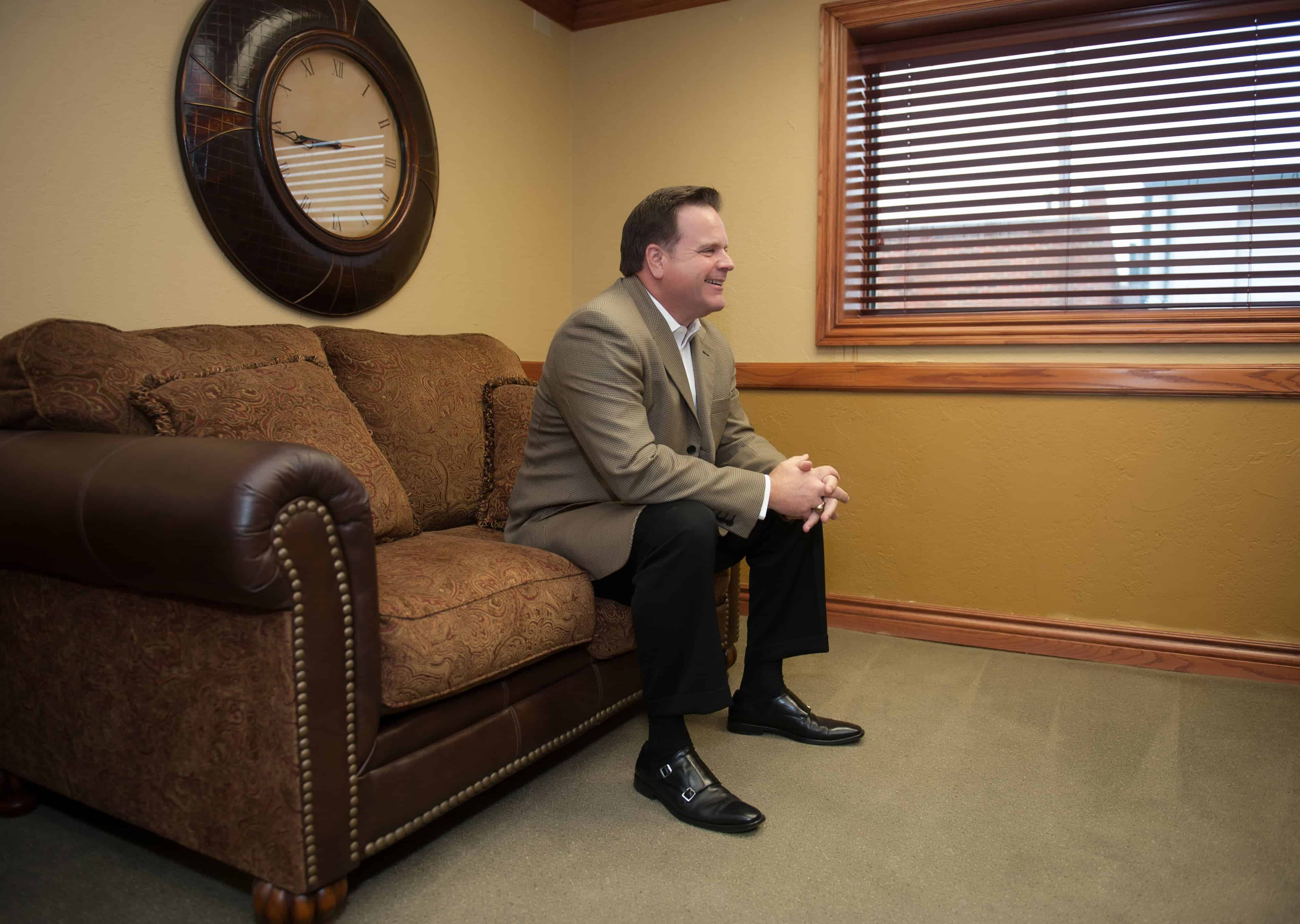Nursing home costs in the United States can easily top $70,000 per year! Assisted living centers may cost as much as $4,000 per month for a one-bedroom private-pay facility. We discuss these lifestyle changes as part of our planning process for retirees. It is not always a popular subject to broach with newly-retiring people because they think of it as a negative. However, as specialists in retirement planning, we believe in educating our clients about all facets of the future that they might control.
Let’s think about the options and find a few methods of mitigating these possible future costs. For one, by maintaining an active lifestyle and sensible diet, one may escape these options or, at least, delay them. Many of our clients have seen the impact on their families’ and friends’ budgets from admissions to a nursing home. These facilities are of great assistance when transitioning our loved ones that experience a period of life in which continual support is warranted.
Another option to utilizing these types of facilities is to accumulate sufficient funds that will allow you to remain in your own home with assistance provided by nurses’ aides and other medical providers. This option appeals to most of our clients that may simply have mobility issues and cannot provide for all aspects of their daily lives. We evaluate each client’s capabilities to accomplish their activities of daily living (ADL) and assist them in analyzing the impact of potential nursing care in their future financial planning budgets.
The six routine activities of daily living are: eating, bathing, getting dressed, toileting, transferring and continence. Each of us participate in these activities daily. To lose your capability to perform one of these activities may not be the deciding factor to start searching for an alternative to remaining in your home. However, when you lose the ability to conduct three or more of these activities, it is critical that the family consider nursing providers in the home of the individual or seek a nursing home.
To determine the appropriate level of support for a loved one, it is critical that the level of care replaces the daily activities that are not being performed by the individual. It may mean that you simply require an aide in your home for twelve hours per day. As the person’s abilities become more impaired, additional support and possible relocation may be needed.
One of the greatest ramifications of assigning a loved one to a nursing home is the emotional effect on the person. Too often this process is decided without input from the impaired person and the children simply need some relief from the care being required of them. Those of us deciding the fate of any person must consider the infirmed person’s wishes and desires. These decisions are some of the most difficult to make. By keeping the person informed of each step and soliciting their acceptance with the process, you may experience a better transition.
These types of decisions can have a significant impact on your retirement plans. Seek out a Certified Financial Planner™ practitioner who understands all aspects of retirement. It is too important of a decision to simply guess.












